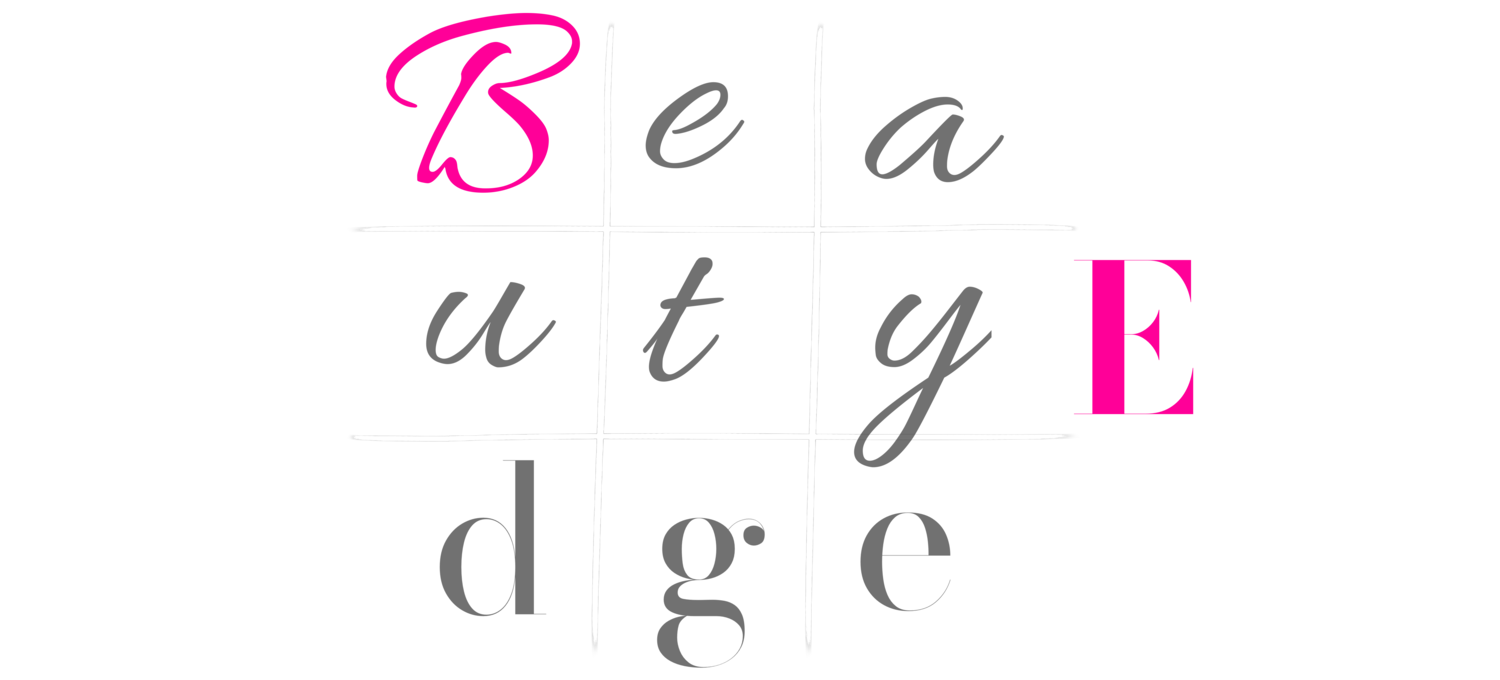PROTECTING YOUR BEAUTY BRAND AND YOURSELF: 3 KEY THOUGHTS TO KEEP IN MIND
Imagine this: You’ve developed your own private-label products, or perhaps you put together a few natural ingredients and are packaging your own custom formula in your facility. You introduce the product to a long-standing client, and suddenly an allergic reaction occurs with your client or, worse yet, an infection develops after using the product. Now what?
Having been in the product development beauty industry for years, I’ve been privy to cases where the end product users will try to gain compensation against products they have tried on their skin, even if the formula is rigorously tested and passes all sensitivity and safety measures. A reaction can happen. And even if you think a responsible gesture such as paying for your client’s doctor bill will cover you, it won’t. A client can sue you for damages that you never even thought of, even if they misuse the product. And unless you’re ready to back yourself up with a lawyer and court fees, the situation can put you out of business.
Here’s three thoughts to keep in mind to help protect you when developing your own brand.
Safety. It’s best to have your formulas developed with a reputable lab that specifically prides itself in using quality-controlled ingredients. Controlled ingredients means that the material used from batch to batch will satisfy testing standards and that there will be aesthetic consistency with your formula from batch to batch. Once the formula is made, some safety testing measures include checking that your product helps prevent a micro environment that’s ready for bacterial growth, testing for known skin sensitivities, and testing for acceptable use around the eye area. THE TAKEAWAY: Test products for safety
Stability. It’s easy to add xyz ingredient to a formula, bottle it, and then put a label on it. However, consider that each adjustment made to a specific formula will affect your overall formula ingredient list (IL) or formula balance. The product must be tested for stability so that it doesn’t separate in the long term and that it can maintain its integrity in different environmental conditions. Additionally, package compatibility helps ensure that the component will not leak any of your formula and that the formula works with the component materials. THE TAKEAWAY: Ensure product stability
Product Liability Protection. Search for insurance companies that not only cover you and your business but also cover you and your products. Ask “what if” situational questions. For example: What if a client decides to sue you because a product that you sold them burned their skin or caused further skin complications? According to Sara Bumby FirstImpactNY, it’s imperative that Product Liability insurance is purchased because “Most contract manufacturer and distributors will require it to work with you. Although it is not required by law to have product liability insurance, the importance to protect yourself from a potential lawsuit is critical, or loss of your goods. I think of it similar to Homeowners insurance, it is there to protect me for the just in case situation.”
According to Sara, “There are two main different types of insurance in the cosmetics industry which I would recommend researching, Product Liability and Professional Liability. Product Liability for cosmetics, which includes all personal care, is a specialty insurance that not all insurance carriers cover. When researching the right company for you, let them know the type of products you want to cover with your policy first thing. This insurance is for the physical goods. It not only can help protect you from a lawsuit, but will also protect your goods in case something happens and you are in need to replace them. (Every policy is different. Reading the fine print of what will and will not be covered is critical.)”
“Additionally, Professional liability is for people who give advice. Are you directing people on the use of the products? Could you, by an error or omission, misdirect someone in the use of a product? If so, then this may be another insurance you need to look into for yourself. Be sure to research whether this will cover you if you have a blog.” THE TAKEAWAY: Protect yourself and your business
Bonus point: Hire an expert to help you. Can you launch a brand on your own? Sure, yes, you can. However, like everything else, is this really the one more thing that you want to add to your plate? And how are you going to protect yourself and your brand against any potential mishaps? If you want to get your product or brand launched in a timely fashion and ensure that it is safe and stable, don’t hesitate to bring on the extra help you’ll need to source vendors, finalize the technology and formulas, and to speak in chemists’ language.
If launching your own private label brand is in your plan for 2017 or if you’d like to learn more, contact me to schedule a consultation to talk through your goals. Email Cherie@beautyedgeinc.com Check out our site www.beautyedgeinc.com
If you’d like to learn more about quality control and global regulatory requirements, contact Sara Bumby Sara@firstimpactnewyork.com Or visit her site FirstImpactNY
Stay tuned for the next post in this series on “product and formula development.”
